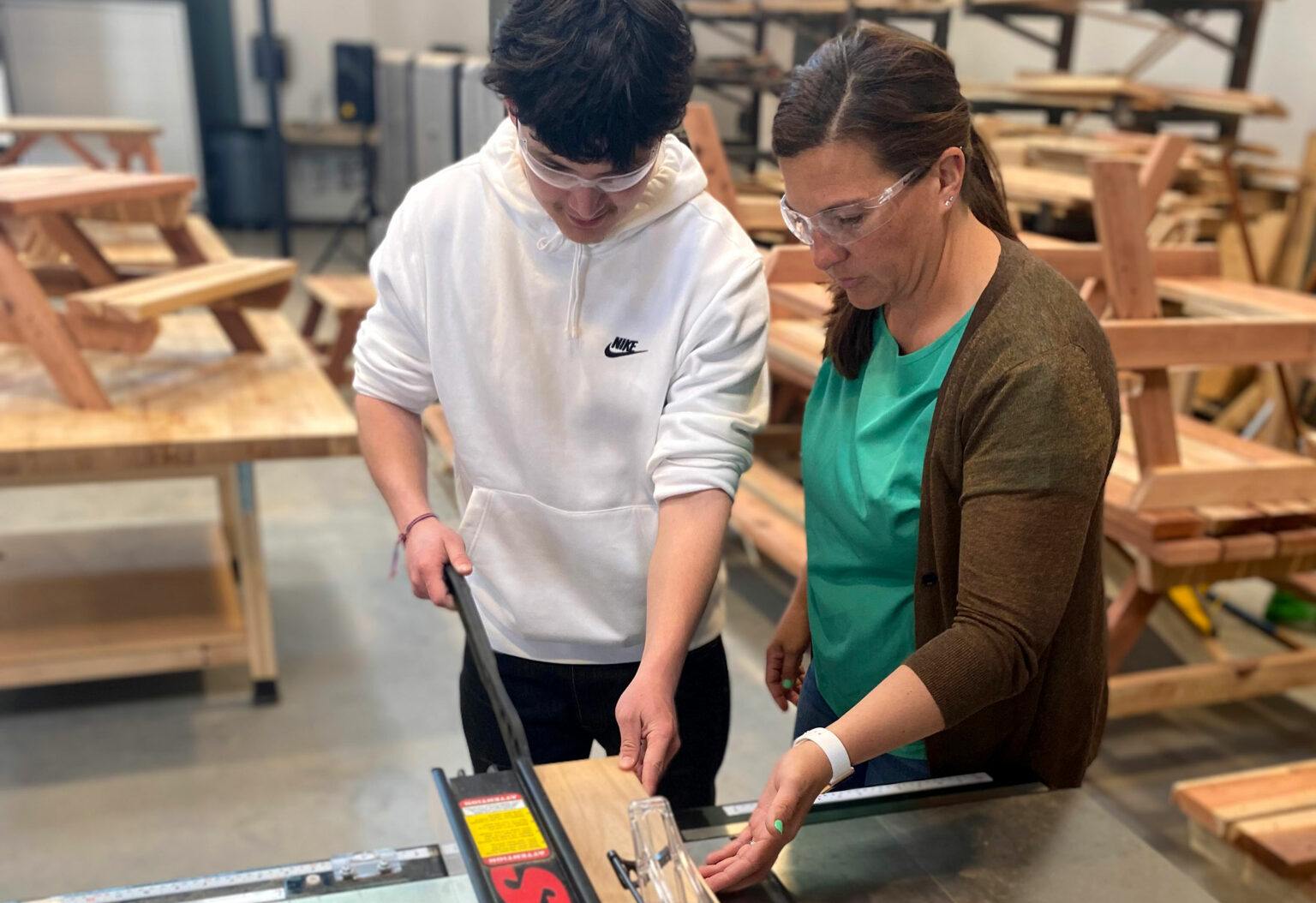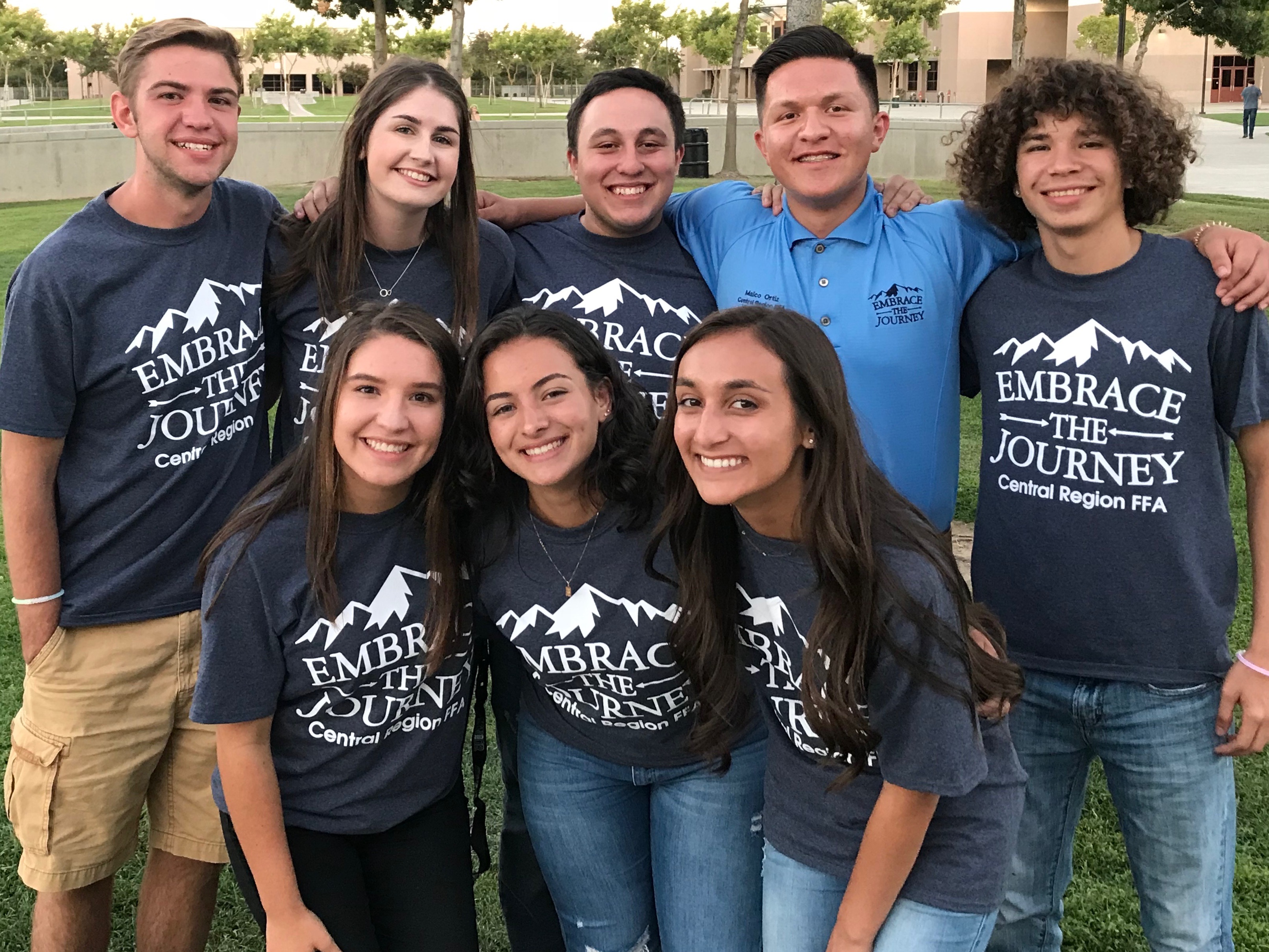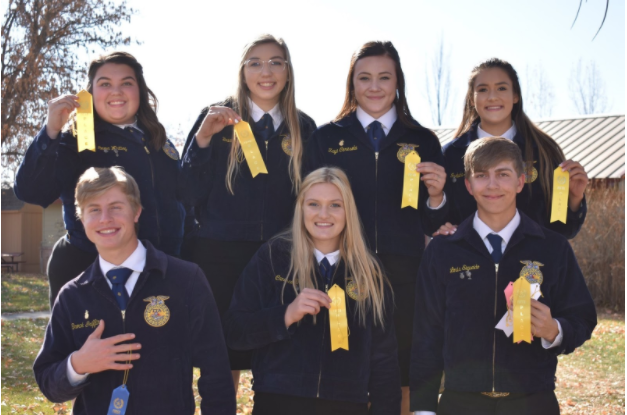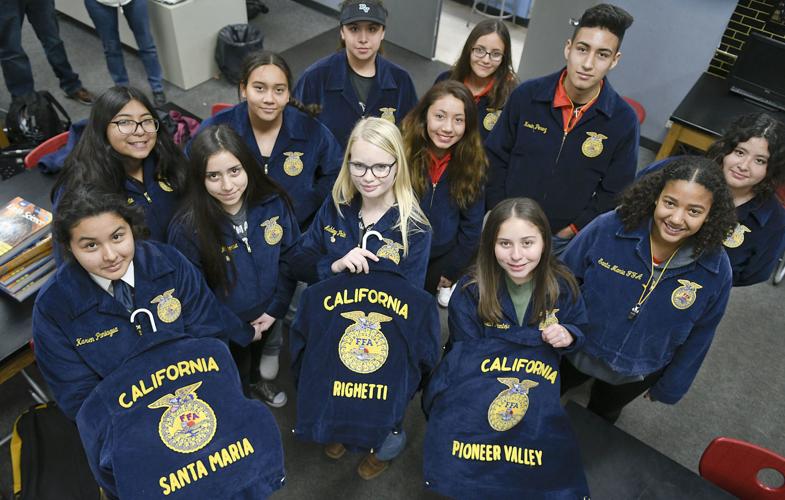From time to time, reflecting on the past provides clarity to the present. This month, the National FFA announced a record number of student members across the nation—850,823. California is one of the top five membership states in the country, boasting a membership of 97,000 students. You might be surprised to learn about our humble beginnings. Less than 100 years ago, agriculture education was only offered in 63 schools and the National FFA Organization was yet to be formed. In this article, CA State FFA Advisor, Charles Parker, highlights significant milestones in California FFA’s history.
In 1930, under the direction of George Couper, Assistant State FFA Advisor, the “California Future Farmer Magazine” was first published. For the ensuing fifty years, this monthly publication highlighted the many accomplishments of members, teachers, and supporters of California FFA. A collection of the magazines is available at the FFA Center for review.
AGRICULTURAL EDUCATION TIMELINE
Late 1800’s – College of Agriculture established at UC Berkeley
1903 – Cal Poly, San Luis Obispo opened the first vocational education high school in California
1905 – UC Davis opened a vocational agricultural high school
1905 – Bakersfield High School became the first comprehensive high school to offer agricultural education
1908 – Gardena High School started an agricultural education program
1909 – Imperial and Oxnard High Schools offer agricultural education
1917 – Smith-Hughes Act became federal law
- Supports vocational agriculture
- Provides funding for schools
- Three hours of agricultural education per day
1918 – Ten schools offer agricultural education
1920 – California Agricultural Teachers’ Association (CATA) formed
- School groups formed called “Jr. Aggies”
1922 – Judging contests initiated
1923 – State Fair began
1924 – 63 schools offer agricultural education
1926 – First Regional Supervisor hired and located at Fresno State Teachers’ College
1927 – Six Regional Supervisors oversee six regions and 12 sections
1928 – National Future Farmers of America was formed
1928 – 95 schools offer agricultural education with 3,975 students and 192 teachers
1929 – First State FFA Leadership Conference held in Sacramento
1934 – State FFA Leadership Conference moves to Cal Poly
1940 – Cal Poly became a four-year college
1949 – Community colleges reimbursed by Smith-Hughes Act
1963 – Smith-Hughes Act changed to Vocational Education Act
- Agriculture was defined as “more than farming.”
1969 – Girls allowed to be members of FFA
1978 – 412 schools offer agricultural education with 45,378 students and 682 teachers
1981 – CATA hired a full-time Executive Director (Ken Harris)
1981 – SB-187 was passed into law
- Established an Agricultural Education Unit at California Department of Education
- Called for six Regional Supervisors and a State Supervisor of Agricultural Education
- Established an Agricultural Education Advisory Committee
1983 – SB-813 (Education Bill) was amended by Senator Roseanne Vuich to include funding for her “aggies”
- Ag Incentive Grant - $3 million for agricultural education
- Judging and Leadership Development Events grew to 40
- Proficiency Awards areas increased to 53
1990’s – State and American Degrees become non-competitive
1993 – State FFA Leadership Conference moves to Fresno
1996 – California had 100% of agricultural education students as FFA members
2005 – California FFA became the largest association based on membership
2017 – State FFA Leadership Conference moves to Anaheim
2018 – California FFA includes 338 chapters with 92,619 students and 926 teachers
2022 – State FFA Leadership Conference returns to Sacramento
Did You Know? (in 1964)
- Tommy Swearingen from the Arvin FFA Chapter, was the state winner in the Cooperative Quiz.
- Vacaville was host to a Chapter Farmer initiation for Dixon, Winters, and Esparto. Following the initiation, a tour was conducted through the new Vacaville ag shop and refreshments were served.
- The Orosi Chapter sponsored an intramural basketball league with five teams signed up.
- Hamilton City FFA members sold $525 worth of tickets to the local community dinner for the benefit of the Heart and Cancer funds.
- The Fortuna Chapter “Agitator” has a number of unusual items listed in the “For Sale” section. Among the listings are five Banty hens and one rooster, one blocking table, one Shetland mare, and five bred Southdown ewes with the note, “the more you buy the lower the price per animal.”
- With the permission of the local chamber of commerce, Yucaipa Future Farmers placed the Future Farmer emblem on the “welcome” sign at the outskirts of the city. The chapter then took over the responsibility of landscaping the site.
- Mable W. Jacks of San Mateo drew up a will which left her property in trust, with the income to go to five women. Upon their deaths, the estate would go into college scholarships for Future Farmers of America and 4-H members.






